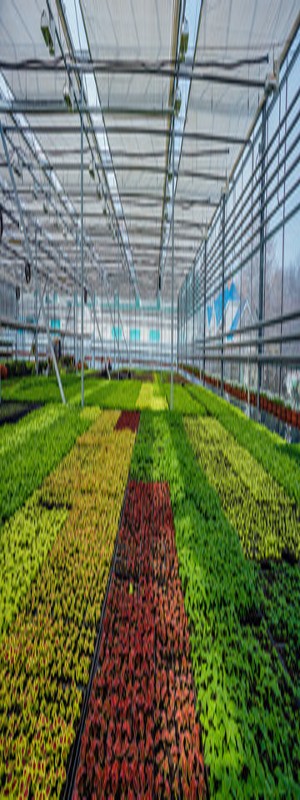Agriculture
Supplying and delivering agricultural fertilizers, chemicals, and soil amendments for modern agriculture, aimed at enhancing crop yields, improving soil health, and ensuring sustainable farming practices. Here’s an overview of the various components involved in this supply chain, including types of products, delivery and effective distribution.
Agricultural Products
1. Fertilizers
- NPK Fertilizers: These contain nitrogen (N), phosphorus (P), and potassium (K) in varying ratios to support plant growth.
- Organic Fertilizers: Derived from natural sources such as compost, animal manure, and organic matter to improve soil fertility.
- Controlled-Release Fertilizers: Designed to release nutrients slowly over time, reducing the risk of leaching and promoting steady plant nutrition.
- Liquid Fertilizers: Fertilizers in liquid form that can provide rapid nutrient absorption directly through the leaves or roots.
2. Soil Amendments
- Lime: Used to raise soil pH and improve nutrient availability.
- Gypsum: Helps with soil structure, drainage, and nutrient availability, especially in clay soils.
- Organic Matter: Compost, peat moss, and other organic amendments that improve soil fertility & structure.
- Biochar: A carbon-rich product that enhances soil health and sequesters carbon.
3. Agricultural Chemicals
- Herbicides: Chemicals used to control unwanted weeds and vegetation that compete with crops.
- Pesticides: Used to control pests, including insects, fungi, and diseases that may damage crops.
- Fungicides: Specific to controlling fungal infections in crops.
- Insecticides: Targeting insect pests that can harm plants.

 AR
AR

